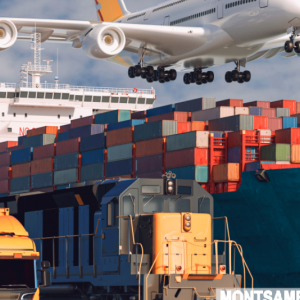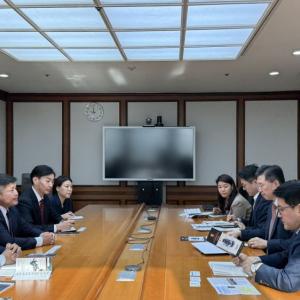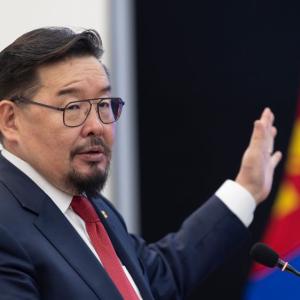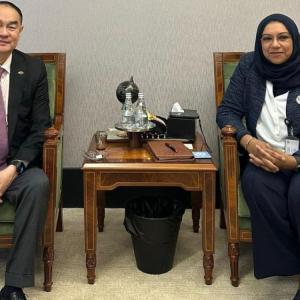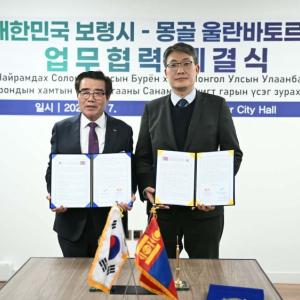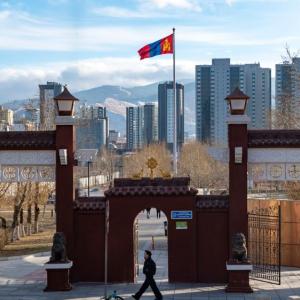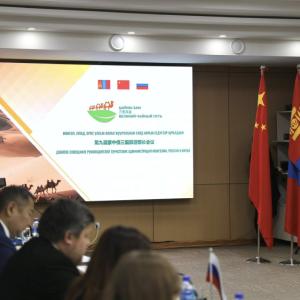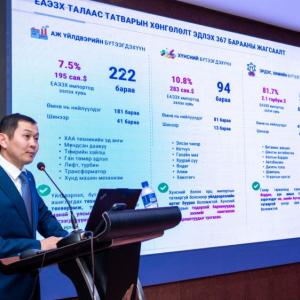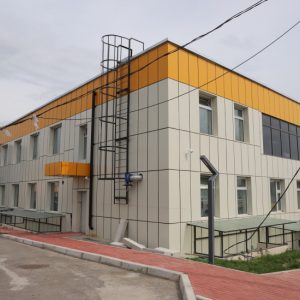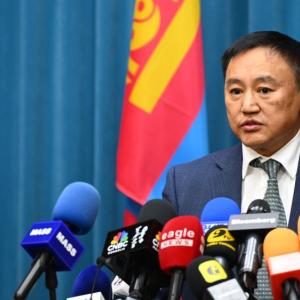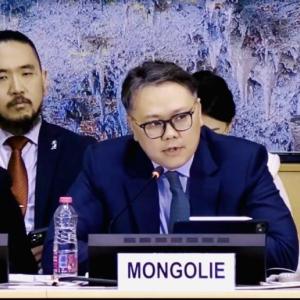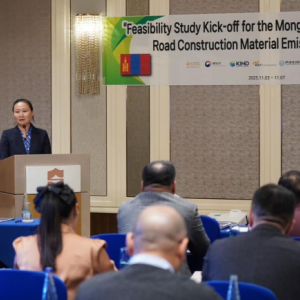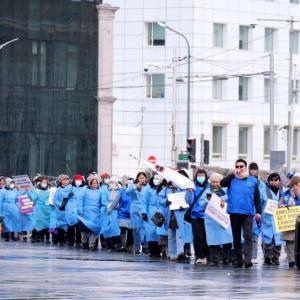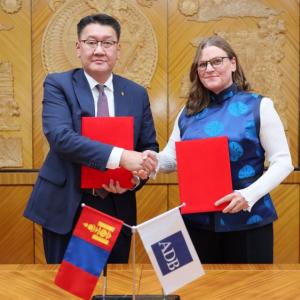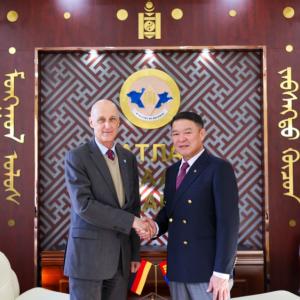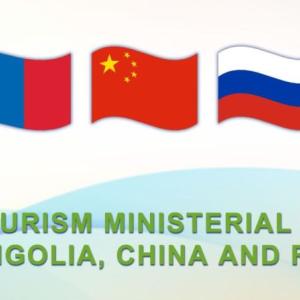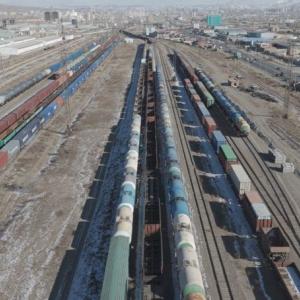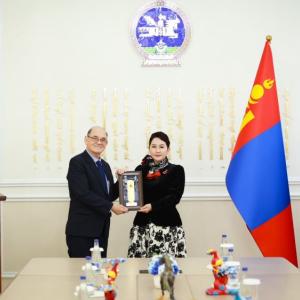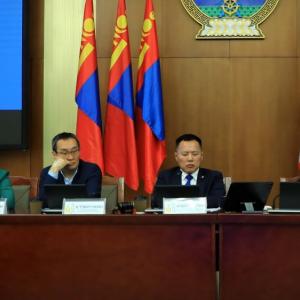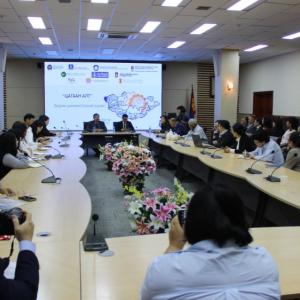AmCham Mongolia organized a meeting on the New Recovery Policy
Economy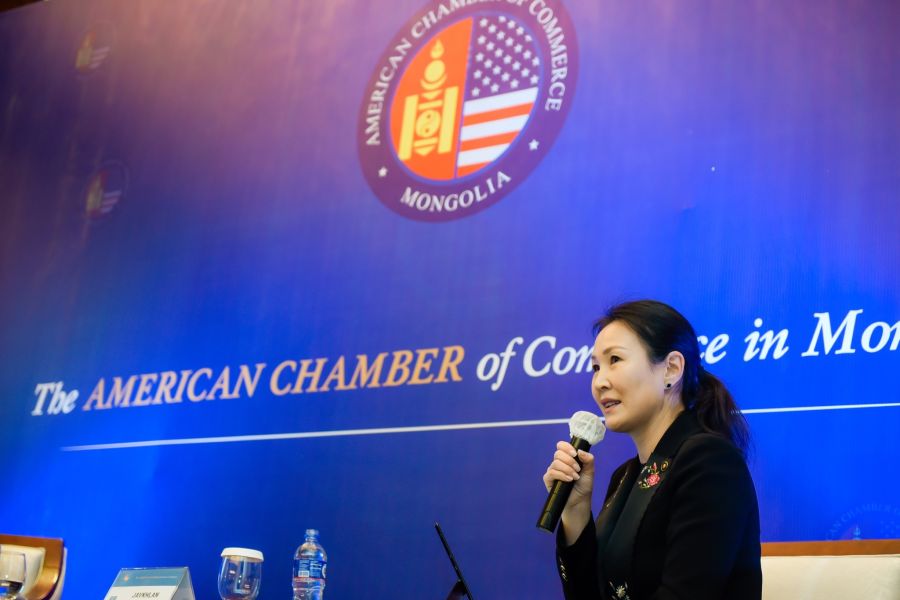
Ulaanbaatar/MONTSAME/. The American Chamber of Commerce in
Mongolia (AmCham Mongolia) successfully hosted a panel discussion on the New
Recovery Policy on February 15, 2022. Ms. S. Mungunchimeg, Deputy Minister of
Finance of Mongolia, participated as the featured speaker. The meeting was attended by more than 80
guests, including AmCham Mongolia members, foreign and domestic investors, and
representatives of foreign embassies.
The New Recovery Policy is designed to strengthen Mongolia's
economic independence, reduce the negative economic impact of the COVID-19
pandemic, promptly address developmental constraints, and create basic conditions
for the implementation of the Vision 2050 long-term development program to
improve infrastructure and government productivity.
The Deputy Minister of Finance gave a detailed presentation on the economic policies and measures being implemented by the Government of Mongolia and provided statistical information. The three main objectives of the recovery policy are:
1. Quickly overcoming the economic difficulties caused by
the pandemic;
2. Promptly addressing obstacles to development and
expanding the economic base;
3. The effective
implementation of Vision 2050.
The policy will be implemented in six main areas: ports,
government productivity, green growth, energy, industry, and urban-rural
development. Deputy Minister S. Mungunchimeg noted, “In short, it is a
pro-labor policy.”
With the implementation of the policy, it is expected that
the first phase goals of Vision 2050
will be met, average annual economic growth will reach six percent, and per
capita production will triple. The labor
force participation rate is expected to rise to 65 percent, and middle and
upper-class income status growth is likely to expand by up to 85 percent.
The discussion ended with the Deputy Minister of Finance
answering participants' questions about attracting foreign investment, the
risks they face, tax policy, and Mongolia's debt issues.
Source: AmCham Mongolia
 Ulaanbaatar
Ulaanbaatar













